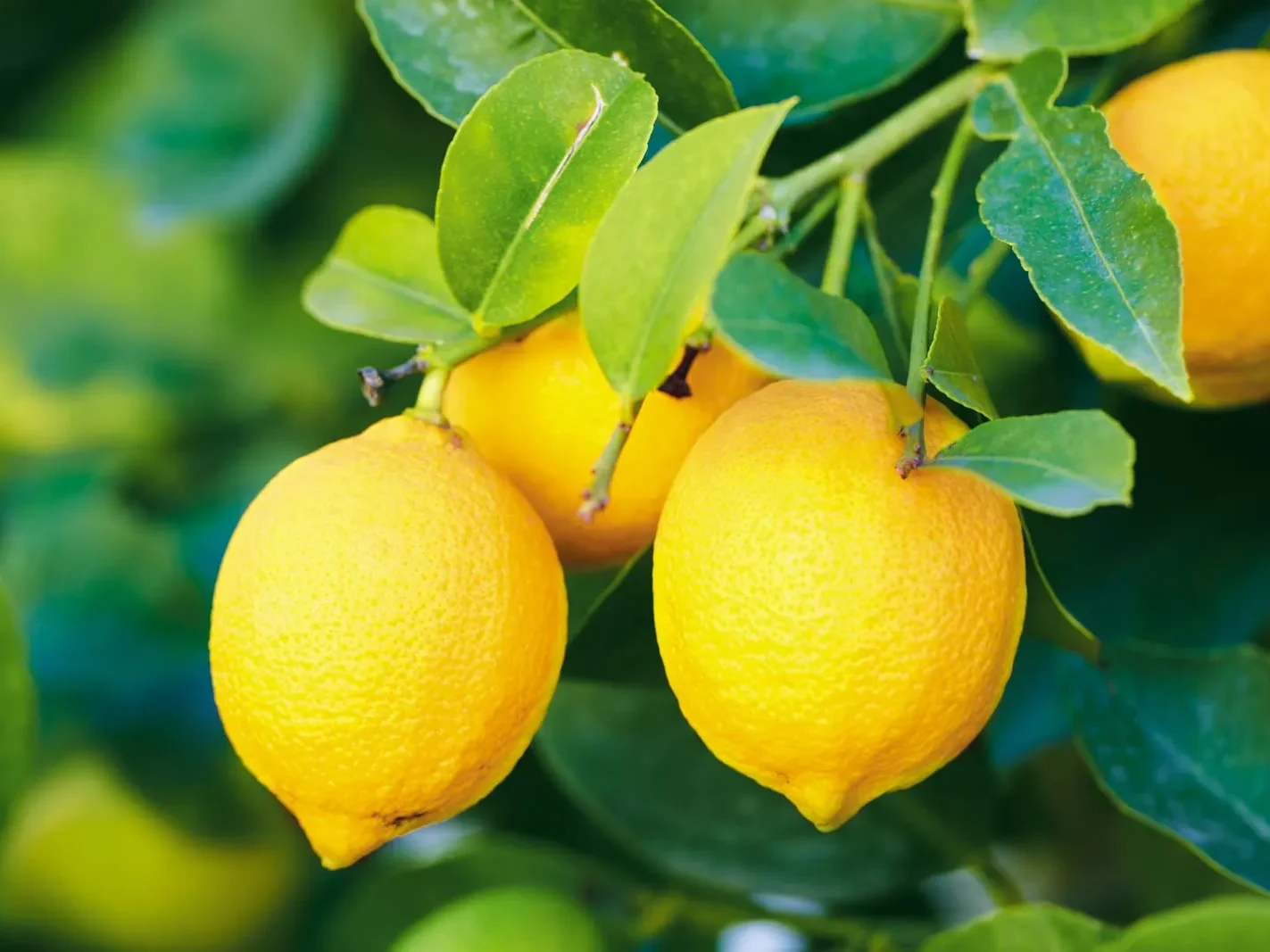Introduction
Lemon juice is rich in vitamin C. It’s proposed to benefit your hair. For example, it may lighten your hair and make your hair shinier and stronger.
In this article, we’ll find out the truth about lemons and hair health. We’ll discover how you may use lemon juice to lighten, condition, and grow your hair. Plus, we’ll look at how drinking lemon juice may help with hair growth and scalp health. Lastly, we will answer some frequently asked questions regarding this topic
Key Highlights:
- Lemon juice may offer potential benefits for hair, such as natural lightening, glossy appearance, reduced oiliness, dandruff control, and improved scalp conditions.
- Be cautious about the side effects of lemon juice on hair, including potential hair damage and dryness when used in excess.
- Best practices for using lemon juice with your hair include performing a patch test, diluting lemon juice, avoiding overexposure, and practicing proper aftercare.
- Learn about various lemon juice hair management options that you may try at home for lightening, conditioning, and promoting hair growth.
- Consuming lemon juice may also have positive effects on your hair and scalp health

Lemon Juice and Hair Benefits
Lemon juice is full of vitamin C and other nutrients like citric acid, calcium, and flavonoids. These nutrients may help improve hair health. The potential benefits of lemon juice for hair are described below.
1. Hair Lightening
Lemon juice is famous for its natural hair-lightening effect. The citric acid in lemons, along with sunlight, may help make your hair colour lighter. It works better for blonde and light brown hair. But it may not work as well for darker hair.
2. Glossy Hair
Lemon juice may also make your hair shine more and smoothen it out.
3. Reduced Oil and Dandruff
If your hair is oily, lemon juice may help. The acidity in lemon juice controls the oil on your scalp. It reduces too much oil that causes greasy hair and dandruff. Plus, lemon juice has antifungal properties that may handle dandruff and other scalp problems.
4. Managing Scalp Conditions
Lemon juice may help manage scalp conditions in the following ways.
5. Scalp Itchiness, Dryness, and Flaking
By applying lemon juice to your scalp, you may balance
the pH level. This action may help lessen itching, dryness, and flaking. Just remember to use it in moderation or else it could dry out your scalp instead.
6. Seborrheic Dermatitis
Lemon juice is said to have antifungal properties. They are proposed to manage seborrheic dermatitis, the cause of dandruff. Lemon juice may also control oil on your scalp, helping with the dandruff issue.
Before incorporating lemon juice into your haircare routine always discuss with your dermatologist first.
Lemon Juice and Hair Risks
Even though lemon juice has many potential benefits, it also carries risks. It can damage your hair and skin if used improperly. In this section, we will go through the possible dangers and ways to use lemon juice safely.
Side Effects of Lemon Juice
Lemon juice can have side effects described below.
1. Skin Irritation
Lemon juice may irritate your skin. Its natural acidity might cause redness, itching, and discomfort. This is especially true if you have sensitive skin or scalp conditions like eczema or psoriasis.
2. Contact Reactions
Some people can get contact reactions like phytophotodermatitis. This happens when lemon juice touches their skin. It leads to inflammation, blisters, and spots that last for weeks. Be careful if you’re prone to reactions with citrus fruits or other plants.
3. Dryness and Brittleness
As we discussed, using lemon juice repeatedly on your hair can harm the cuticle, as the acid in the lemon can weaken the cuticle. This can lead to dry and brittle hair. To avoid this, use lemon juice carefully and take care of your hair after using it.
Best Practices for Lemon Juice Application
Here are some guidelines on how to use lemon juice on hair.
1. Patch Test
Before you put lemon juice on your hair, do a patch test. Apply some on a hidden spot on your skin (like the inside of your elbow) to see if there’s a reaction.
2. Diluting Lemon Juice
Always mix lemon juice with water or other liquids before putting it on your hair or scalp. Pure lemon juice is too acidic and can harm your hair and skin.
3. Avoiding Overexposure
Don’t stay in the sun for too long after putting lemon juice on your hair. The sun can damage your hair’s cuticle.
4. Aftercare
After using lemon juice on your hair, rinse it out well. Follow with a moisturizing conditioner or hair mask. Doing deep conditioning regularly may help repair any damage from the lemon juice.

